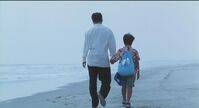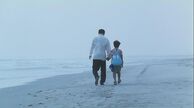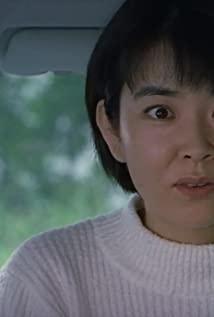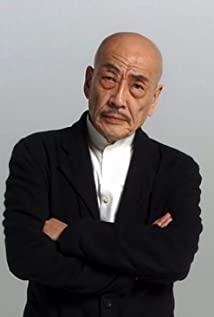The first half of the film, through a journey, is very real and serious, and tries to explore life almost experimentally. Try to find the answer through the various difficulties, people, etc. encountered during the journey.
The ride was really exciting, and I always felt that the answer was not even thought of by Kitano Takeshi himself. This is how life is, and the answer is often beyond imagination, but within reason. Often after countless failures, when almost despairing and deciding to give up, I see hope again.
And in the middle, we see a person who is willing to keep learning, keep trying, keep fighting and losing again and again, persevere and make breakthroughs bravely. He is Kijiro, Takeshi Kitano, and ordinary busy mortals, like you and me.
In the second half of the film, I don't understand at first. Later I understood that behind the seemingly absurd and bizarre comedy, it was actually Kitano Takeshi's active exploration of life. His childishness and creativity are on full display.
The child is a mirror, a reference, a piece of white paper, reflecting ourselves from the child, the gains, losses, joys and sorrows of being a few decades older.
Kikujiro is undoubtedly a powerful man.
In him, there is a certain winning belief, for this belief he can do almost everything. It's almost, because he can use all kinds of rational and unreasonable, legal and illegal, and even play tricks to get all kinds of things, but there are always some things that he can't do. For example, he still can't make the child's mother change her mind and make the child happy. .
So, is there something truly powerful that does what he can't? Perhaps this is what Kitano explores in the second half of the film. He did it in the end, out of pure love.
Summer is over. Kikujiro looked at the child's retreating back, and suddenly felt that the collisions with life that he had faced or was about to face became less heavy.
View more about Kikujiro reviews










